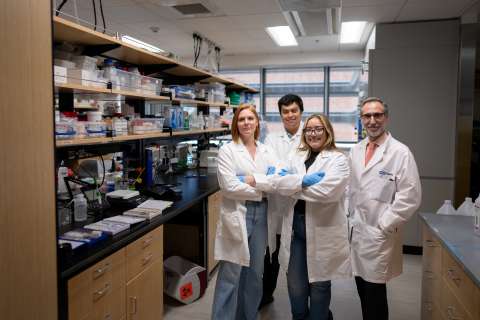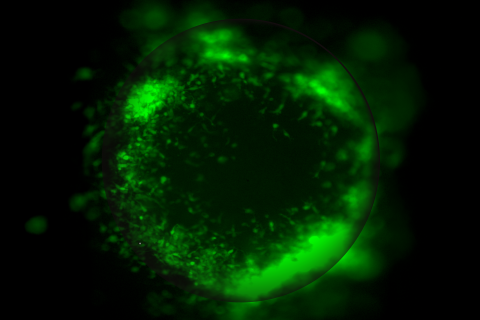Los Angeles - Dr. Sara Hurvitz of UCLA Health and the Jonsson Comprehensive Cancer Center, presented study results from three trials at the 2022 San Antonio Breast Cancer Symposium.
T-DXd Yields Longer Overall Survival than T-DM1 in Patients with HER2-positive Metastatic Breast Cancer
Patients with localized, hormone receptor-positive, HER2-low breast cancer treated with trastuzumab deruxtecan (T-DXd, Enhertu) in the neoadjuvant setting had an overall response rate of 75 percent in the absence of anastrozole and 63 percent in combination with anastrozole, according to results from the phase II TRIO-US B-12 TALENT trial. Study results are published in The Lancet. Read the press release from the American Association for Cancer Research (AACR).
Neoadjuvant Trastuzumab Deruxtecan Shows Clinical Activity in Patients with HER2-low Breast Cancer
Second-line treatment with trastuzumab deruxtecan (T-DXd) led to significantly longer overall survival compared with trastuzumab emtansine (T-DM1) in patients with HER2-positive metastatic breast cancer, according to updated results from the DESTINY-Breast03 phase III clinical trial. Read the press release from the American Association for Cancer Research (AACR).
Updated findings on a new approach to ER-positive/HER2-negative breast cancer
A UCLA Jonsson Comprehensive Cancer Center researcher and collaborators in a multicenter study will present updated results and plans for further research on a new approach to treating advanced ER-positive/HER2-negative breast cancer.
The study is the first-in-human, open-label, three-part study of ARV-471, alone or in combination with the drug palbociclib in patients with ER-positive/HER2-negative locally advanced or metastatic breast cancer.
ARV-471 is a form of endocrine therapy. It is an investigational, orally administered PROteolysis TArgeting Chimera (PROTAC) that targets estrogen receptors by directly binding both them and an enzyme that triggers a chain of events leading to their degradation. Read the full research brief here.



